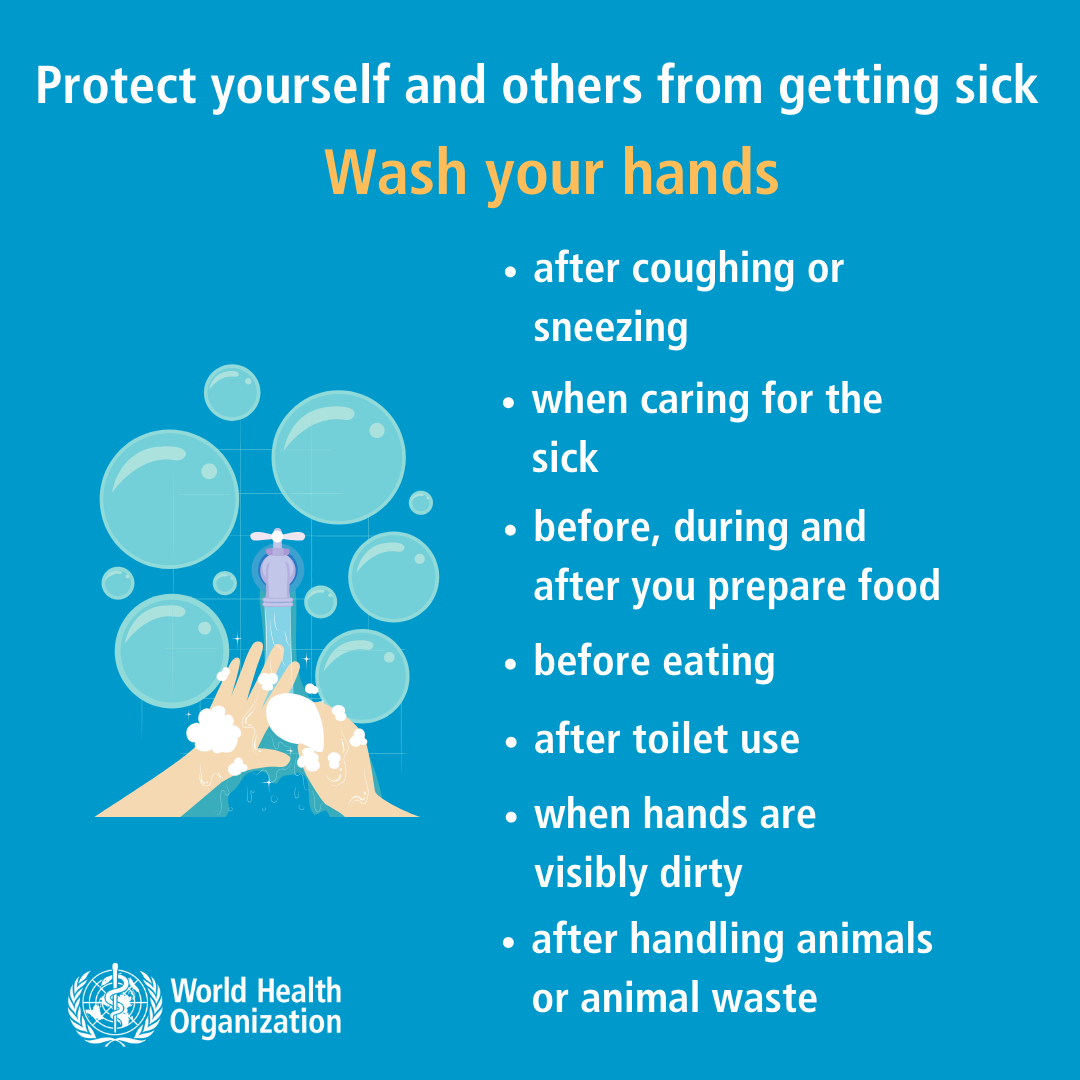
Date: 04 March 2020
Coronavirus (COVID-19): latest information and advice
Information for 1SC staff on the outbreak of coronavirus, including the current situation in the UK and information about the virus and its symptoms.
Risk level
Based on the World Health Organization’s declaration that this is a public health emergency of international concern, the UK Chief Medical Officers have raised the risk to the UK from low to moderate.
Symptoms
If you have fever, cough and difficulty breathing, seek medical care early.
Stay home if you feel unwell and inform control early on, 07500 965 187. If you have a fever, cough and difficulty breathing, seek medical attention and call 111 in advance, do not visit a doctor or hospital. Follow the directions of your local health authority.
How can you stop coronaviruses spreading?

1SC staff work long shifts and come into contact with the public therefore protect yourselves and wash your hands every hour. Staff working within hospital environments, ensure you wash your hands every hour. PPE is also available on request, ask the local manager on site or front of house reception staff for advice. Cover your mouth and nose with a tissue or your sleeve (not your hands) when you cough or sneeze. Put used tissues in the bin straight away, then wash your hands. Try to avoid close contact with people who are unwell, keep your distance.
Do not touch your eyes, nose or mouth if your hands are not clean, wash them regularly with hot water and soap (dry thoroughly).
Let’s look at what this virus is, what it does and how we can help
Coronaviruses (CoV) are a large family of viruses that cause illness ranging from the common cold to more severe diseases such as Middle East Respiratory Syndrome (MERS-CoV) and Severe Acute Respiratory Syndrome (SARS-CoV). A novel coronavirus (nCoV) is a new strain that has not been previously identified in humans.
Coronaviruses are zoonotic, meaning they are transmitted between animals and people. Detailed investigations found that SARS-CoV was transmitted from civet cats to humans and MERS-CoV from dromedary camels to humans. Several known coronaviruses are circulating in animals that have not yet infected humans.
Common signs of infection include respiratory symptoms, fever, cough, shortness of breath and breathing difficulties. In more severe cases, infection can cause pneumonia, severe acute respiratory syndrome, kidney failure and even death.
Standard recommendations to prevent infection spread include regular hand washing, covering mouth and nose when coughing and sneezing, thoroughly cooking meat and eggs. Avoid close contact with anyone showing symptoms of respiratory illness such as coughing and sneezing
If you are in any doubt call control on 020 79879306 Monday to Friday 9am to 5pm after these hours call: 07500-965-187 and speak to control, alternatively email: control@1sc.co.uk
NHS 111 is a fast and easy way to get the right help, whatever the time. NHS 111 is available 24 hours a day, 365 days a year. Calls are free from landlines and mobile phones. You should use the NHS 111 service if you urgently need medical help or advice but it's not a life-threatening situation. If you have difficulties communicating or hearing, you can: call 18001 111 on a text phone.



